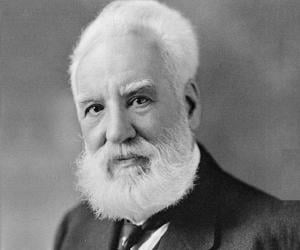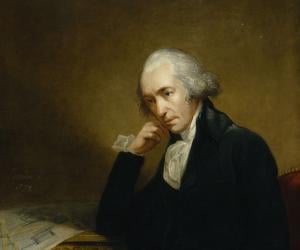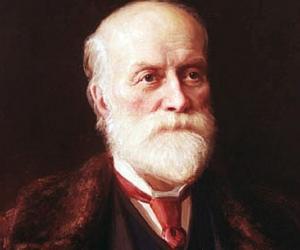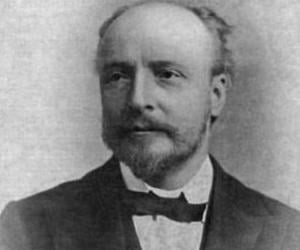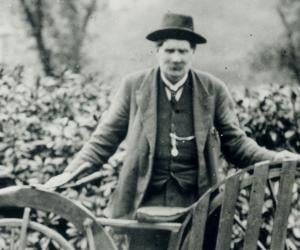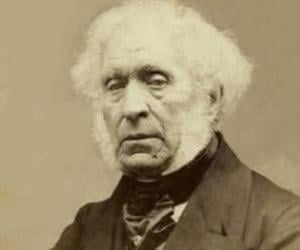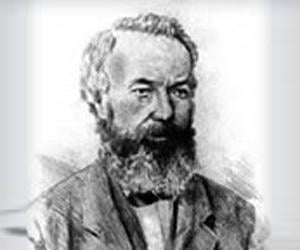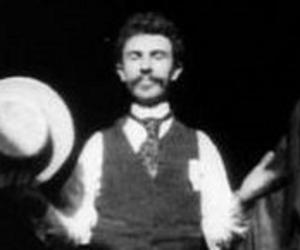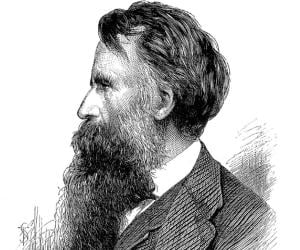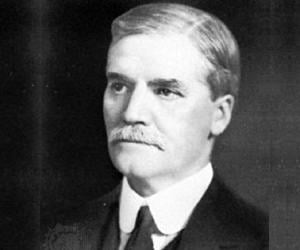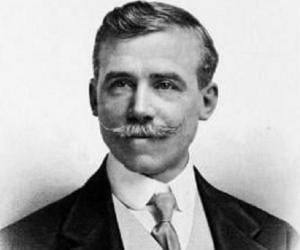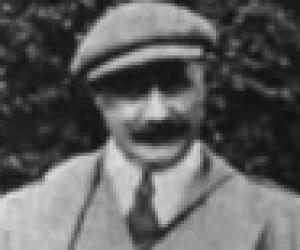1
Alexander Graham Bell
(Inventor of Telephone & Co-Founder of 'American Telephone and Telegraph Company (AT&T)')
Birthdate: March 3, 1847
Sun Sign: Pisces
Birthplace: Edinburgh, Scotland
Died: August 2, 1922
Alexander Graham Bell was a Scottish-born Canadian-American inventor, scientist, and engineer known for patenting the first practical telephone. He co-founded the American Telephone and Telegraph Company in 1885. Bell's work extended to optical telecommunications, hydrofoils, and aeronautics. He also had a significant impact on the National Geographic Society while serving as its second president. Bell's interest in heredity led him to make notable contributions to the study of human genetics, emphasizing his versatile talents beyond his initial breakthrough in telecommunications.
